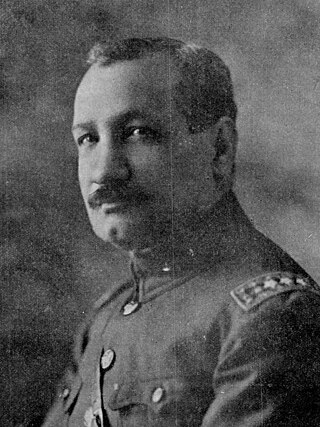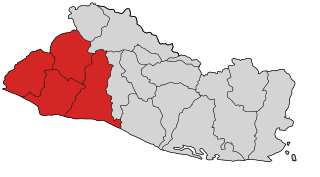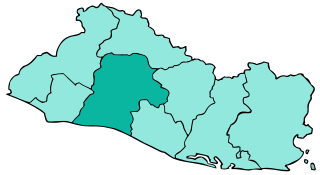Background
Nahuat-Pipil literature
As a result of the transcriptions of Pipil myths published by the German explorer Leonhard Schultze-Jena in 1930, [11] there are literary depictions of same-sex sexual relations in the Náhuat-Pipil language. One example is the myth of "La boda del vagabundo," which tells the story of a father who decides to deceive his daughter's suitors by declaring that whoever could drink the water from a well until he could get a piece of cheese from the bottom could marry her. When a vagabond realizes that it was actually the reflection of the moon in the water, he decides to trick the father by opening a channel for the well to dry up. Overconfidence leads the father to promise that he would also turn himself in if the vagabond won, so when the watercourse dries up the well, he has no choice but to allow the vagabond to penetrate him through the anus, which causes him intense pain. The following day, the vagabond marries the daughter, who unlike her father, enjoys sex with him. [12]
As can be seen in the story, rather than an act of sexual pleasure, anal penetration is shown as a form of humiliation of the defeated. This idea of domination on the basis of sex is repeated in other Pipil myths, where emasculation is a common way of exercising power over defeated men. Also notable is the fact that having sex with other men does not grant "homosexual" status to the vagabond or the father in the eyes of the daughter. [12]
20th century
Although not many works of Salvadorean literature during the 20th century are known to have explored themes related to sexual diversity, there are some exceptions. In 1923, the writer and humorist Francisco Herrera Velado published the work Mentiras y verdades, which recounts popular legends and anecdotes in verse. One of them is "La corrección de menores", where he tells the story of Luis/Luisa, a man who is raised as a girl and over the years lives in constant transition between both genders. Among his partners is a woman identified as a lesbian who takes on the role of "Romeo", while Luis becomes his "Juliet". Subsequently, Luis becomes a poet and decides to write the story of his "old life as a transvestite". [2] [13]

Another case of a male character who is raised as a woman is found in the novel ¡Justicia, señor gobernador! , published in 1960 by the writer Hugo Lindo. The work, which is considered a precursor of testimonial literature in El Salvador, tells the story of a trial in which a transvestite named Mercedes López Gámez is accused of rape and murder of a young woman. Through Mercedes' conversations with lawyer José Amenábar, the reader discovers that Mercedes was born a biological man, but that her mother had decided to raise her as a girl. Although in her village she enjoyed being treated as a woman and receiving compliments from men, upon moving to San Salvador she encounters a community in which "homosexuality does not exist," and the rage leads her to the act of sexist violence that results in the trial discussed in the novel. [3]
It has also been mentioned as a precedent the novel Íngrimo (1970), [14] by Salvador Salazar Arrué, which explores the construction of the identity of an adolescent boy who, at one point in the novel, states: [15]
My true identity will be revealed, my secret of calling myself: Marta Cecilia de la Circuncisión de Sangamín, of being a young lady (...) if I have to go away it will be (so they all say) on condition of being "La Martina", "La Martita" or "Martita" (...) I have felt a little ashamed of being a man and of being so lonely (Íngrimo). I know that if I put on a woman's suit and heels and nylon stockings and everything, I'm going to change so suddenly that who knows what will happen.
A common characteristic in some Salvadorean Spanish-language works of the time is that, as in "La boda del vagabundo", anal penetration is shown as a symbol of humiliation towards other men. One case is found in the novel One Day of Life (1980), by Manlio Argueta, which includes a scene where a priest is sodomized with a stick by a group of soldiers as a form of domination. Transvestism is also used as a symbol of social degradation in some writings of the time, as in the memoirs of the guerrilla Alfonso Hernández, who recounts in a poetic tone a youth in San Salvador in which his friends disguised themselves as prostitutes to "satirize the dregs of society...". [16]












